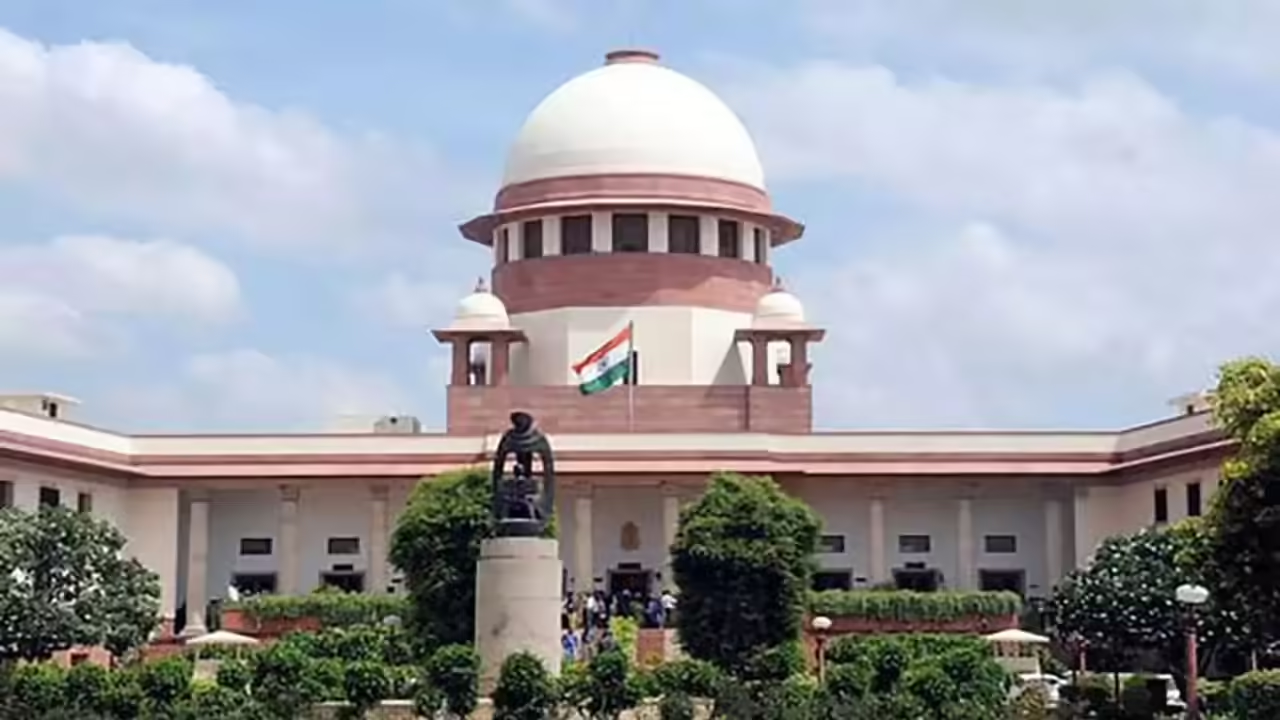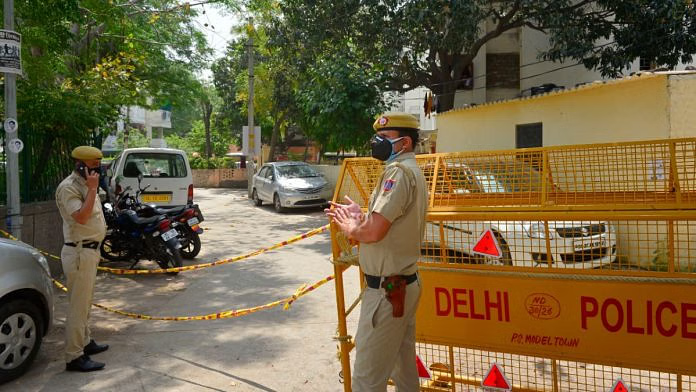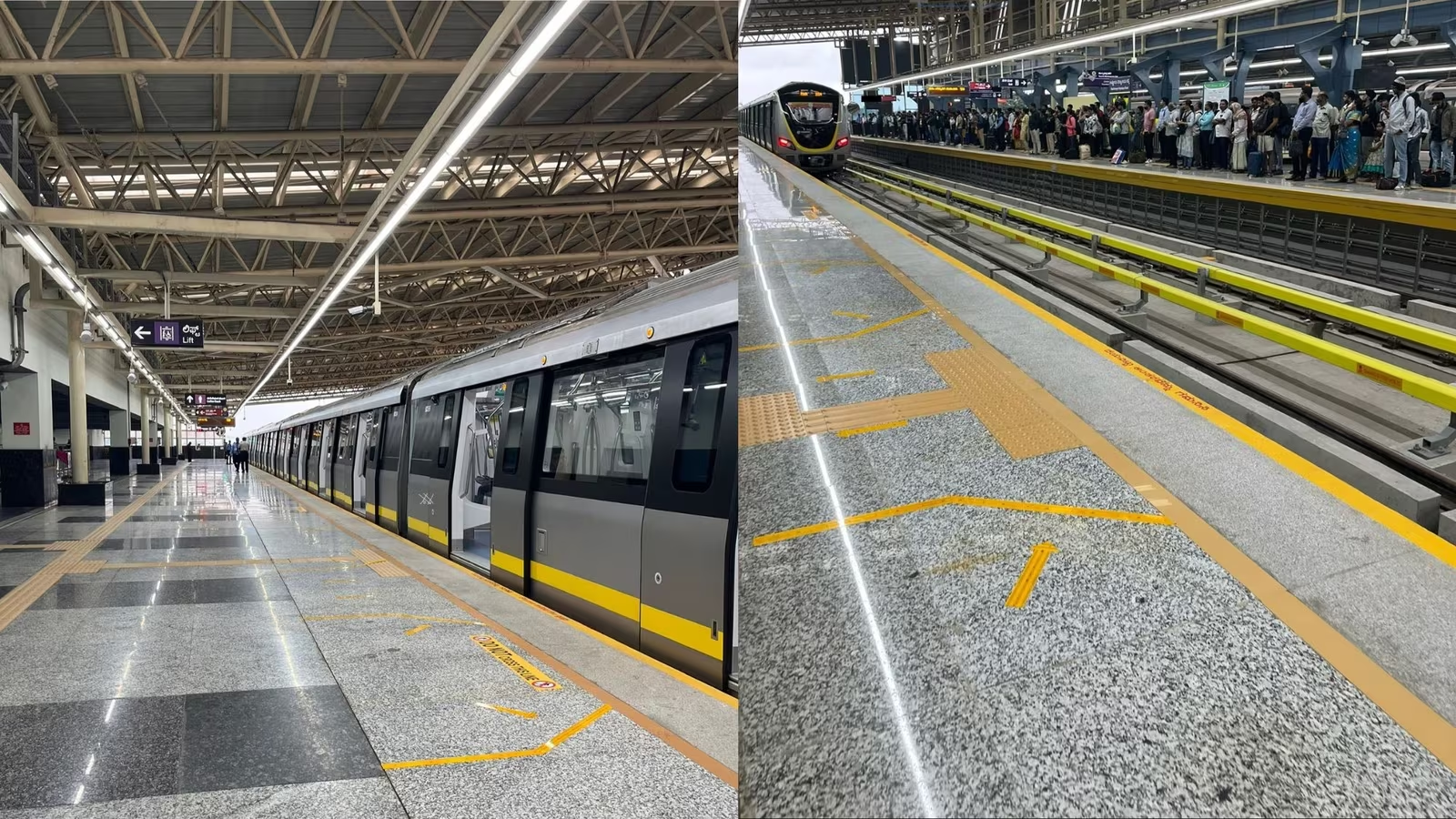Now Reading: Opposition States Tell Supreme Court Governors Cannot Stall Bills
-
01
Opposition States Tell Supreme Court Governors Cannot Stall Bills
Opposition States Tell Supreme Court Governors Cannot Stall Bills

Four opposition-ruled states have approached the Supreme Court arguing that governors and even the President cannot indefinitely stall bills passed by state legislatures, even if those bills are later found unconstitutional. The states have said that delaying approval undermines the democratic process and affects governance. Their petition has brought renewed attention to the long-standing friction between state governments and constitutional authorities over legislative powers.
The states contend that once a bill is cleared by the assembly, the role of the governor is to either give assent, withhold it, or send it back with recommendations. Keeping it pending without action, they argue, violates the spirit of the Constitution. The matter is particularly sensitive in opposition-ruled states, where several bills on issues like education, welfare schemes, and local administration have been awaiting assent for months.
The petition also questions the extent of the President’s powers in similar cases. According to the states, referring bills to the President should not mean indefinite delays. They say constitutional authorities are expected to act within reasonable timelines to ensure the will of the elected legislature is respected.
Legal experts point out that the case could set an important precedent. While governors are expected to function as neutral representatives of the Centre, tensions often emerge when their actions are seen as politically motivated. The Supreme Court’s ruling is likely to clarify the boundaries of this authority and its implications for cooperative federalism.
In many Tier-2 cities, governance depends heavily on state legislation for smooth functioning. Whether it is related to healthcare infrastructure, municipal services, or development projects, delays in bills being approved can directly affect local residents. People in smaller towns often face the most impact when welfare policies or reforms are caught in procedural hurdles.
The outcome of this case could significantly shape the relationship between the Centre and the states. By challenging the practice of keeping bills pending, the opposition states are pushing for a clearer definition of constitutional responsibilities. The Supreme Court’s decision will not only affect current disputes but may also guide how future Centre-state relations are balanced in India’s democracy.

























